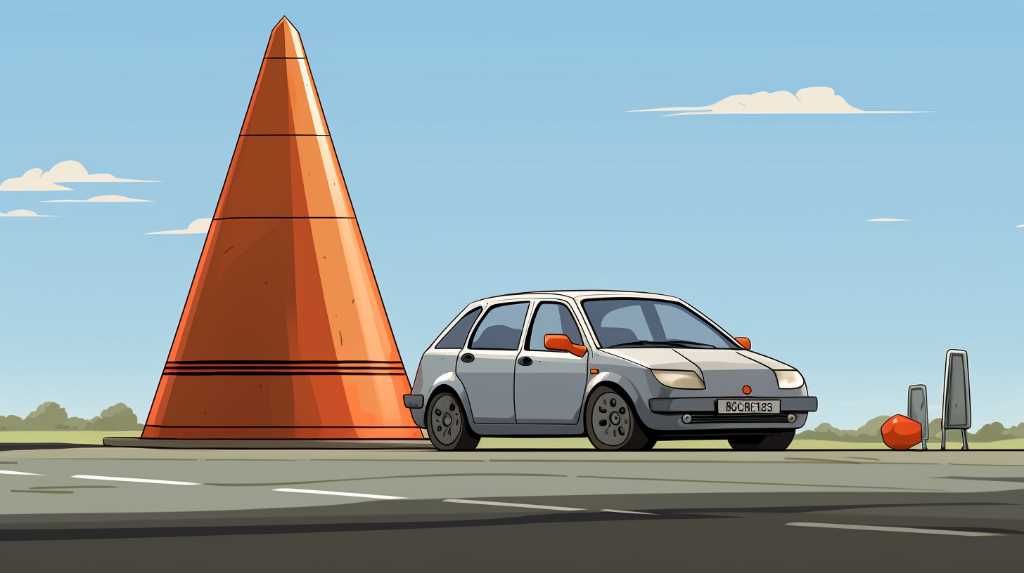
In the realm of automotive incidents, minor car accidents, characterized by negligible damage and absence of injuries, often prompt drivers to question the necessity of official reporting. Legal obligations vary by jurisdiction, with some requiring that all accidents, regardless of severity, be reported to the authorities, while others set thresholds based on damage value.
Moreover, insurance companies typically mandate notification of any collision that could potentially result in a claim. Failure to report can lead to unexpected legal and financial repercussions, complicating future claims or legal actions.
Documenting the incident thoroughly remains a prudent step, ensuring a reliable record exists. This report delves into the nuances of when and how minor car accidents should be reported, emphasizing the importance of understanding both legal and insurance requirements to safeguard one’s interests.
Understanding Legal Obligations
In most jurisdictions, drivers are legally obligated to report car accidents to the appropriate authorities, regardless of the perceived severity. This statutory duty is often predicated on the need to maintain public safety, ensure accurate traffic incident records, and facilitate the adjudication of potential claims.
The legal framework typically specifies criteria such as injury, death, or property damage exceeding a defined monetary threshold as triggers for mandatory reporting. Compliance with these regulations is not merely procedural; it serves as a critical component of the post-accident protocol.
Failure to report can result in significant penalties, including fines and license suspension. Drivers must, therefore, ascertain the reporting requirements pertinent to the jurisdiction in which the accident occurred and adhere strictly to those mandates.
Insurance Reporting Guidelines
You must tell your insurance company about any car crash, no matter how small, to keep your insurance valid and let them consider any possible claims. Your insurance agreement will tell you how quickly and in what way you need to report small crashes. If you don’t do this in time, you might lose your insurance benefits or they might not cover you for problems from the crash you didn’t report.
Insurance companies also look at small crashes to decide if they should change how much you pay or the terms of your policy. So, it’s crucial to tell your insurer quickly and clearly about any small car crash, following the rules in your policy, to keep your insurance in good standing.
For example, if you bump into another car in the parking lot, you should check your insurance policy to see how much time you have to report it and then call or email your insurance company right away with all the details. This way, you protect yourself from losing coverage or facing higher costs later on.
Potential Consequences of Non-Reporting
If you don’t report even a small car crash, you could face serious legal trouble and money problems. This includes your insurance not paying for the accident and your rates going up.
The law in many places says you must tell about any car crash that causes damage, hurts someone, or causes a death. If you don’t follow these rules, you could get hit with big fines or even lose your driver’s license.
Insurance companies need you to report accidents quickly. If you don’t, they might say you broke the agreement and refuse to pay for the damages.
Not telling your insurance about an accident can also make it harder for you to get covered in the future. They could take a closer look at any other claims you make later on and charge you more for your insurance.
Documenting Minor Accidents
When you’re in a minor accident, it’s important to document everything properly to meet legal and insurance requirements. Here’s what to do:
- Get the other driver’s contact and insurance information, and if you can, get statements from anyone who saw the accident.
- Take pictures of the cars, where they are, and any nearby street signs or road markings. These photos will help show what happened.
- Write down a clear description of the accident, including the date, time, and weather conditions.
- Even though it’s a small accident, it’s a good idea to report it to the police. The police report is an official record that can really help when you file an insurance claim.
- Making sure you document everything accurately is key to protecting yourself after the accident.
When to Consider Police Involvement
Determining whether to involve law enforcement in a minor car accident hinges on several factors, including legal obligations, insurance requirements, and the extent of the damage or injuries.
Jurisdictions may vary in their reporting statutes; however, police involvement is generally advisable if there are injuries, significant vehicle damage, or if the accident obstructs traffic.
Additionally, if any drivers appear to be under the influence, lack valid insurance, or there is a dispute regarding the events leading to the collision, an official report can serve as a neutral account of the incident.
For insurance claims, a police report often facilitates the process by providing a documented record.
Thus, carefully assessing the circumstances of the minor accident is essential to determine the necessity of police involvement.
Conclusion
In short, you need to report even small car accidents because the law and insurance companies require it. If you don’t, you could face serious legal and money problems.
It’s important to write down everything that happened and think carefully about whether to involve the police. Doing these things helps protect you from being blamed for something that wasn’t your fault and keeps traffic safety records accurate.
By following the rules for reporting accidents, you look after your own interests and help keep everyone on the road safe, showing why it’s so important to be open about any car accidents.